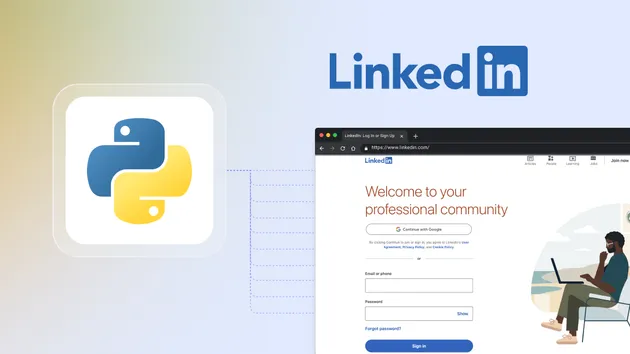LinkedIn Jobs Scraper - Customized Filters with Notifications
Pricing
$30.00/month + usage
LinkedIn Jobs Scraper - Customized Filters with Notifications
Designed to help job seekers and HR professionals track job vacancies posted on LinkedIn in real-time. With Apify's power and flexibility, you can run the actor, specify search parameters like job title, location, and keywords, and receive instant notifications through Telegram.
Pricing
$30.00/month + usage
Rating
0.0
(0)
Developer

Mohamed Moo
Actor stats
2
Bookmarked
28
Total users
0
Monthly active users
10 months ago
Last modified
Categories
Share


